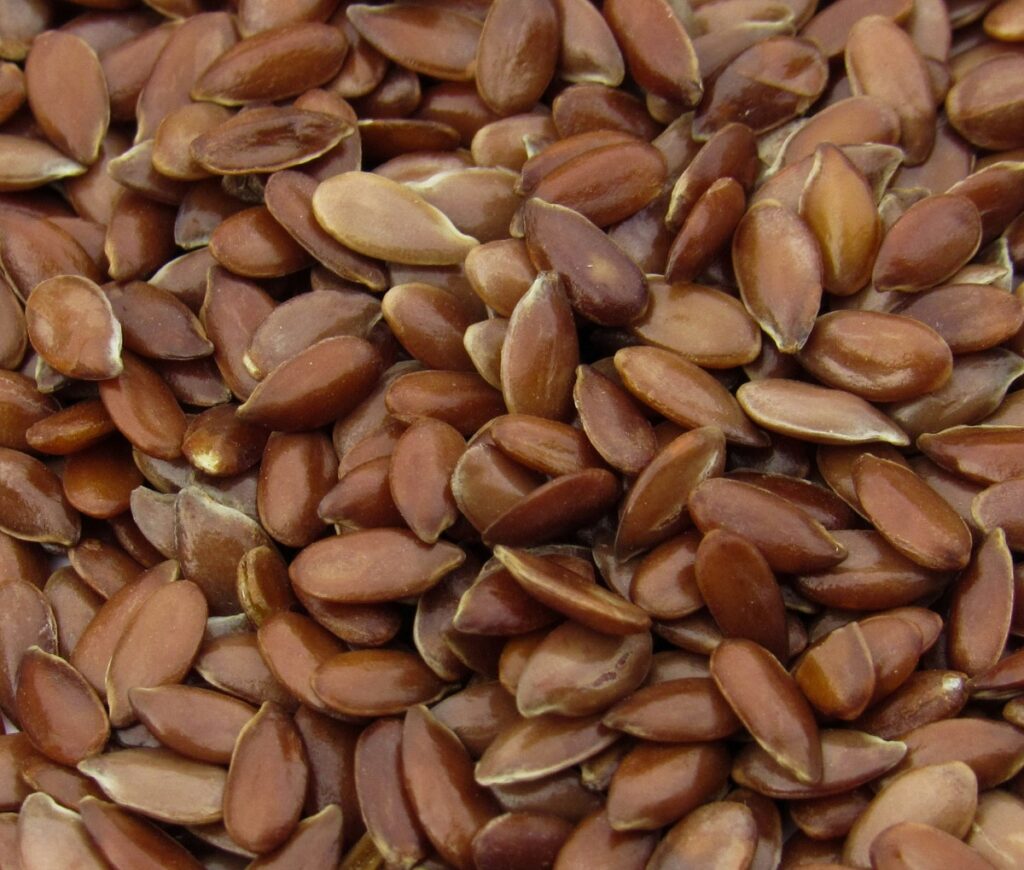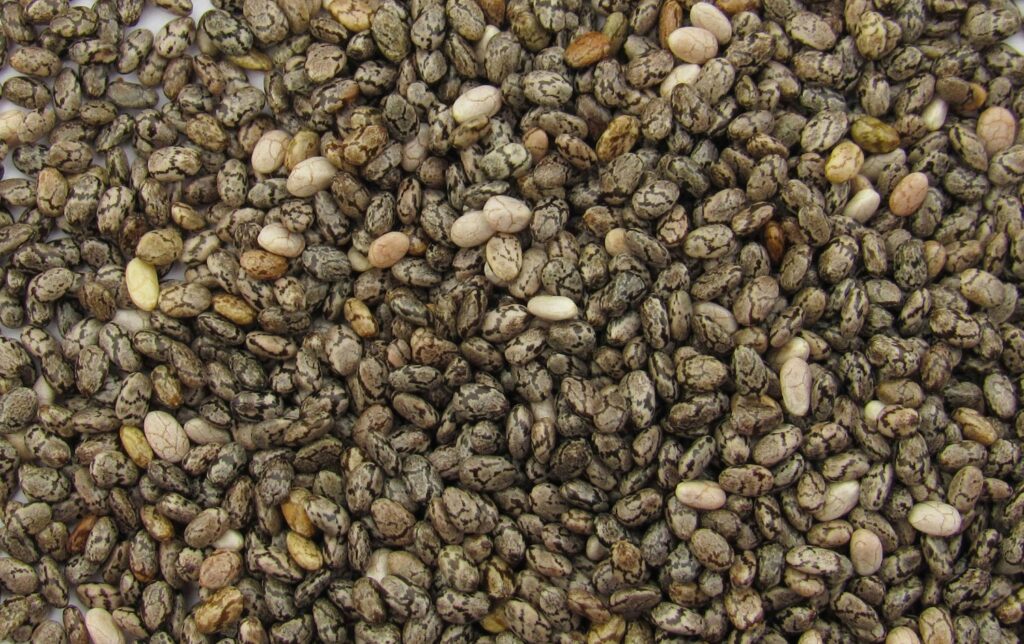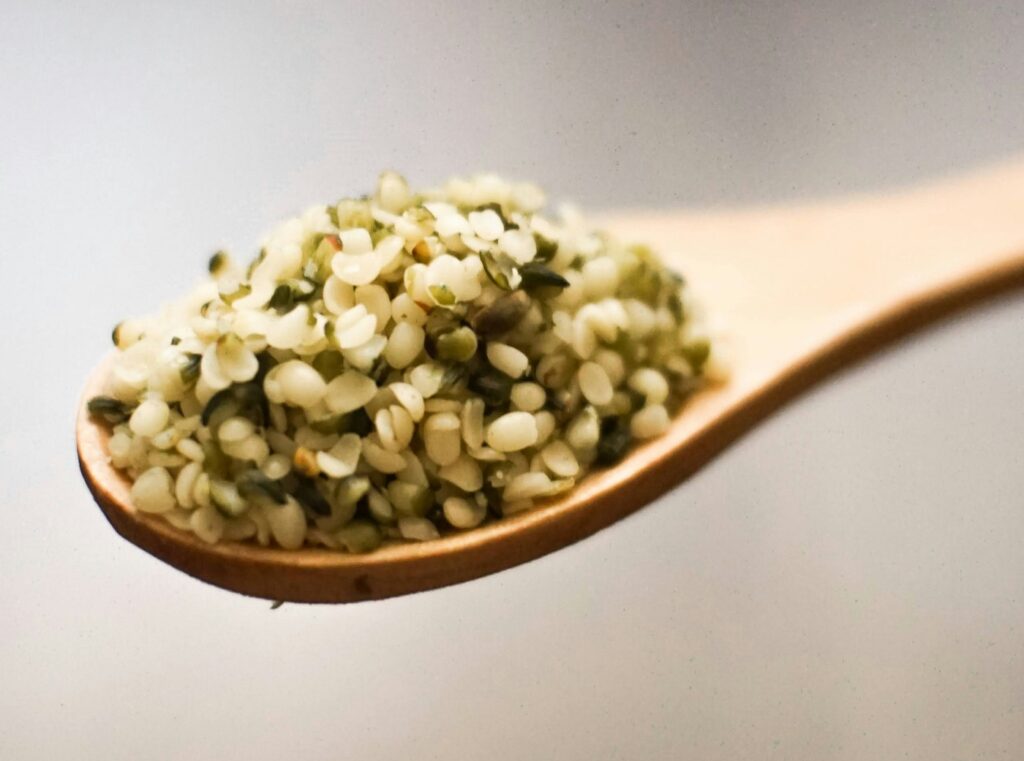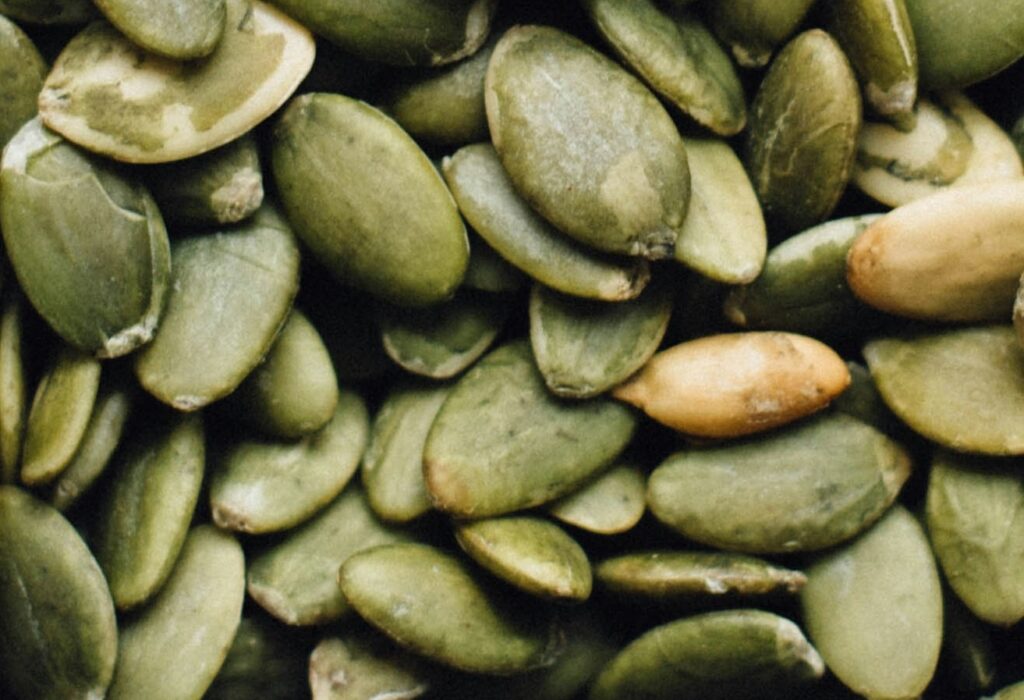Omega-3 fatty acids are a group of essential polyunsaturated fats that play a critical role in maintaining good health. They are vital for the proper functioning of the brain, the heart, and the immune system. There are three primary types of omega-3 fatty acids: ALA (alpha-linolenic acid), EPA (eicosapentaenoic acid), and DHA (docosahexaenoic acid). While omega-3 fatty acids are generally found in fatty fish, vegetarians must seek alternative plant-based sources for their omega-3 intake. Mohit Tandon from Burr Ridge suggested Best Source of Omega 3 for Vegetarians.
This guide aims to explore the best vegetarian sources of omega-3s, focusing on their health benefits, nutrient content, and how to incorporate them into a balanced diet.
Why Omega-3s Are Important
Omega-3 fatty acids are essential for human health, meaning the body cannot produce them and must obtain them from dietary sources. These fats are crucial for a wide variety of bodily functions:
- Brain Health: DHA, in particular, is an essential component of brain cell membranes and plays a key role in brain function, memory, and cognitive performance.
- Heart Health: Omega-3s can help reduce inflammation, lower blood pressure, decrease the risk of heart disease, and improve overall cardiovascular health.
- Joint and Inflammatory Health: Omega-3 fatty acids possess anti-inflammatory properties that may help reduce symptoms of rheumatoid arthritis and other inflammatory conditions.
- Mood Regulation: Omega-3s can help regulate mood, reduce symptoms of depression, and aid in managing anxiety and other mental health disorders.
- Eye Health: DHA is a vital component of the retina, contributing to proper visual function.
The Three Types of Omega-3s
There are three main types of omega-3 fatty acids found in food sources:
- ALA (Alpha-linolenic acid): ALA is the plant-based omega-3 fatty acid found in certain seeds, nuts, and oils. The body can convert ALA into EPA and DHA, but this process is inefficient, which is why it’s important for vegetarians to consume a higher amount of ALA-rich foods.
- EPA (Eicosapentaenoic acid): EPA is predominantly found in marine sources, such as fatty fish and algae. It plays a role in reducing inflammation and promoting heart health.
- DHA (Docosahexaenoic acid): DHA is essential for brain function, particularly during fetal development and childhood. Like EPA, DHA is mainly found in fish, but can also be derived from algae-based supplements.
Vegetarians and vegans typically consume more ALA than EPA and DHA, which makes it important to seek foods or supplements that can help increase EPA and DHA levels. – Mohit Tandon Burr Ridge
Best Vegetarian Sources of Omega-3 Fatty Acids
While omega-3 fatty acids are predominantly found in fish and seafood, there are several excellent plant-based sources that can provide vegetarians with adequate omega-3 intake. Below are the top vegetarian sources of omega-3:
1. Flaxseeds (Linum usitatissimum)
Flaxseeds are one of the richest plant-based sources of ALA. A single tablespoon of ground flaxseed provides approximately 2,350 milligrams of ALA, which is significantly more than most other plant-based sources. These seeds are also rich in fiber and lignans, compounds that have antioxidant properties. To get the most out of flaxseeds, they should be consumed ground, as whole flaxseeds may pass through the digestive system without being properly absorbed.
Health Benefits of Flaxseeds
- Rich in fiber, which aids digestion.
- Support heart health by lowering cholesterol levels.
- Contain antioxidants that may reduce the risk of chronic diseases.

2. Chia Seeds (Salvia hispanica)
Chia seeds are another excellent source of ALA, providing about 5,000 milligrams of omega-3 per ounce. These tiny seeds are highly versatile and can be added to smoothies, salads, or oatmeal. They are also packed with protein, fiber, and various essential nutrients like calcium and magnesium.
Health Benefits of Chia Seeds
- High in fiber, promoting gut health.
- Rich in antioxidants, which help fight inflammation.
- May improve heart health and lower blood sugar levels.

3. Walnuts (Juglans regia)
Walnuts are a great source of omega-3s, with one ounce of walnuts providing about 2,500 milligrams of ALA. They also contain antioxidants, including vitamin E, which contribute to reducing oxidative stress. Walnuts can be eaten raw, added to baked goods, or sprinkled over salads for an added crunch.
Health Benefits of Walnuts
- Support brain function and cognitive health.
- Promote heart health by reducing LDL cholesterol levels.
- Anti-inflammatory effects that may help with joint health.

4. Hemp Seeds (Cannabis sativa)
Hemp seeds are a complete source of plant-based protein, containing all nine essential amino acids. In terms of omega-3 content, they offer about 1,000 milligrams of ALA per tablespoon. They are also high in gamma-linolenic acid (GLA), an omega-6 fatty acid that helps balance inflammation in the body.
Health Benefits of Hemp Seeds
- High in protein, beneficial for muscle and tissue repair.
- Contain antioxidants that may help reduce chronic disease risk.
- Aids in balancing omega-6 to omega-3 ratios.

5. Algal Oil
Algal oil is one of the few plant-based sources of DHA and EPA. Derived from algae, it is a sustainable and potent source of omega-3s for vegetarians. Algal oil supplements are often available in vegan-friendly capsules, making them an excellent choice for those who do not consume fish. A daily dose of algal oil can provide the body with both DHA and EPA, promoting brain, eye, and heart health. – Mohit Tandon Burr Ridge
Health Benefits of Algal Oil
- Supports brain and cognitive health.
- Promotes cardiovascular health by improving cholesterol levels.
- Reduces the risk of macular degeneration and other eye issues.
6. Edamame and Soybeans (Glycine max)
Soybeans and edamame (young soybeans) contain modest amounts of omega-3s, providing approximately 1,000 milligrams of ALA per half-cup serving. These legumes are also an excellent source of plant-based protein, iron, and other essential nutrients. Incorporating edamame into salads or stir-fries can provide a nutritious omega-3 boost.
Health Benefits of Soybeans
- High in protein, supporting muscle repair and growth.
- May reduce the risk of heart disease due to their heart-healthy fats.
- Rich in antioxidants and anti-inflammatory compounds.
7. Seaweed and Nori (Porphyra)
Certain types of seaweed, such as nori, contain small amounts of omega-3s in the form of EPA and DHA. Seaweed is an excellent source of other essential nutrients, including iodine, vitamin K, and various minerals. While the omega-3 content in seaweed is relatively low compared to other plant-based sources, it is still a valuable addition to a vegetarian diet.
Health Benefits of Seaweed
- Rich in iodine, essential for thyroid function.
- Contains anti-inflammatory compounds that may benefit overall health.
- Supports immune health due to its high antioxidant content.
8. Canola Oil (Brassica napus)
Canola oil is a common cooking oil that provides a moderate amount of omega-3s. It contains approximately 1,300 milligrams of ALA per tablespoon, making it an easy way to incorporate omega-3s into everyday meals. Canola oil is often used in dressings, sautés, and baked goods.
Health Benefits of Canola Oil
- Low in saturated fats, making it heart-healthy.
- Supports weight management and cardiovascular health.
- A mild taste, suitable for a wide range of cooking applications.
9. Flaxseed Oil
Flaxseed oil is a concentrated source of ALA, providing over 7,000 milligrams of omega-3s per tablespoon. However, due to its low smoke point, flaxseed oil is best used in cold dishes such as salad dressings or drizzled over cooked vegetables.
Health Benefits of Flaxseed Oil
- Provides a high dose of omega-3s for anti-inflammatory benefits.
- Supports heart health and reduces the risk of chronic conditions.
- May improve skin health due to its omega-3 content.
10. Pumpkin Seeds (Cucurbita pepo)
Pumpkin seeds contain small but significant amounts of omega-3s, especially ALA. These seeds are also packed with antioxidants, vitamins, and minerals, including magnesium, iron, and zinc. Pumpkin seeds can be eaten raw, roasted, or added to smoothies and salads. – Mohit Tandon Burr Ridge
Health Benefits of Pumpkin Seeds
- High in magnesium, promoting bone and heart health.
- Rich in antioxidants to combat oxidative stress.
- Support prostate health in men.
How to Maximize Omega-3 Absorption
For vegetarians, obtaining sufficient omega-3s involves more than just consuming omega-3-rich foods. The body’s ability to convert ALA into EPA and DHA is limited, so optimizing the absorption of omega-3s is important. Here are a few tips:
- Incorporate variety by including a mix of ALA-rich foods in your diet.
- Combine omega-3s with healthy fats like olive oil or avocado to enhance absorption.
- Consider supplements if conversion rates from ALA to EPA/DHA are insufficient (such as algae-based DHA/EPA supplements).

Conclusion
Omega-3 fatty acids are essential for vegetarians to maintain optimal health. By incorporating a variety of plant-based sources such as flaxseeds, chia seeds, walnuts, hemp seeds, and algae oil, vegetarians can ensure they meet their omega-3 needs. A well-balanced diet, along with mindful food choices and possibly supplementation, can help prevent omega-3 deficiencies and support overall wellness.
